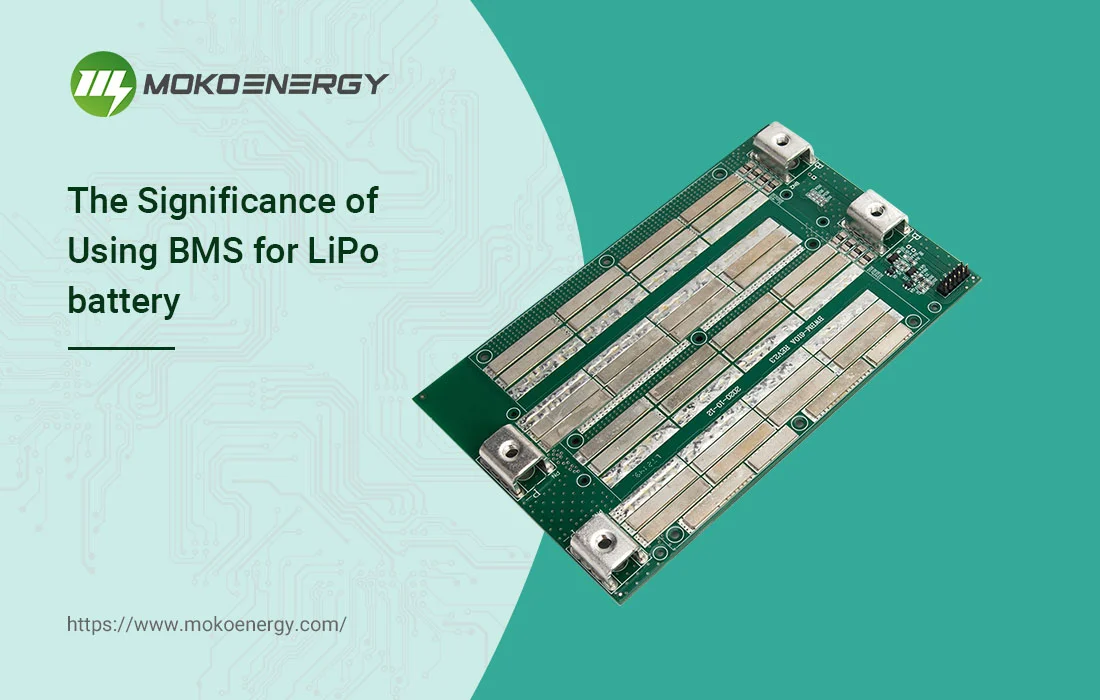When selecting a lithium battery for e-scooter, several factors come into play. A high-quality lithium battery is essential for a safe and long-lasting e-scooter.
The key components that make up a good lithium battery pack are:
- Fireproof Enclosure – The battery pack should be encased in a sturdy aluminum or steel enclosure to protect the cells and wiring. This fireproof shell prevents overheating and contains any potential fires. Popular enclosures meet IP65 ratings for dust and water resistance.
- Integrated Wiring and Circuitry – Within the enclosure, robust wiring connects the individual battery cells to the battery management system (BMS). This wiring should be well-insulated and secured to withstand vibrations during rides. The BMS monitors cell voltages and regulates charging/discharging.
- Smart BMS – An advanced BMS actively balances the charge across battery cells, preventing over/under-charging. It incorporates overcurrent/short-circuit protection for safety. Temperature sensors in the BMS regulate charging based on cell temperatures.
- Insulating Layers – Soft foam padding cushions batteries within the enclosure. This protects the cells from physical impacts and vibrations when riding over uneven terrain. The waterproof insulation also regulates battery temperature.
In terms of performance, a high-quality e-scooter lithium battery should have:
- Ideal Charge Temperature Range: 10°C to 45°C
Charging below 10°C risks lithium plating while charging over 45°C overheats cells. - Wide Discharge Temperature Range: -20°C to 60°C
Quality cells can operate in cold and hot ambient temperatures for riding in various weather conditions. - 500+ Charge Cycles
Cells rated for 500+ cycles indicate a long lifetime, surviving 2-3 years with proper care and maintenance.
A good e-scooter lithium battery also provides:
- Consistent Quality Across Cells – Rigorous manufacturing and testing ensures uniform capacity and voltage profiles across all cells in a battery. Reliable suppliers offer 6 months of coverage for manufacturing defects.
- Low Self-Discharge – Thanks to a sleep mode in the BMS, batteries drain as little as 2-3% per month while idle. This enables long breaks between rides without fully recharging.
When selecting a lithium battery for your e-scooter, several factors come into play, including capacity, voltage, and durability. Here is a breakdown of some recommended lithium batteries based on these parameters:
| Brand | Capacity (Ah) | Voltage (V) | Durability Rating | Notes |
| Panasonic | 10 | 36 | High | Well-known for reliable performance and long cycle life. |
| LG | 8 | 48 | Medium | Offers a good balance of capacity and voltage for various models. |
| Samsung | 12 | 48 | High | Known for high energy density and consistent performance. |
| Sony | 6 | 36 | Medium | Provides a compact and lightweight option for smaller scooters. |
| Tesla Powerwall | 15 | 48 | Very High | Although designed for home energy storage, it can be adapted for e-scooters with proper configuration. |
It’s important to consult with the manufacturer or a reputable dealer for your e-scooter model can provide valuable insights into the most suitable battery options. MOKOEnergy offers Li-ion BMS boards which are engineered to cater to the specific demands of lithium batteries, offering unparalleled features and reliability, and maximizing the safety and performance of lithium batteries. Always prioritize safety and adhere to the manufacturer’s guidelines when replacing or upgrading your e-scooter battery.




